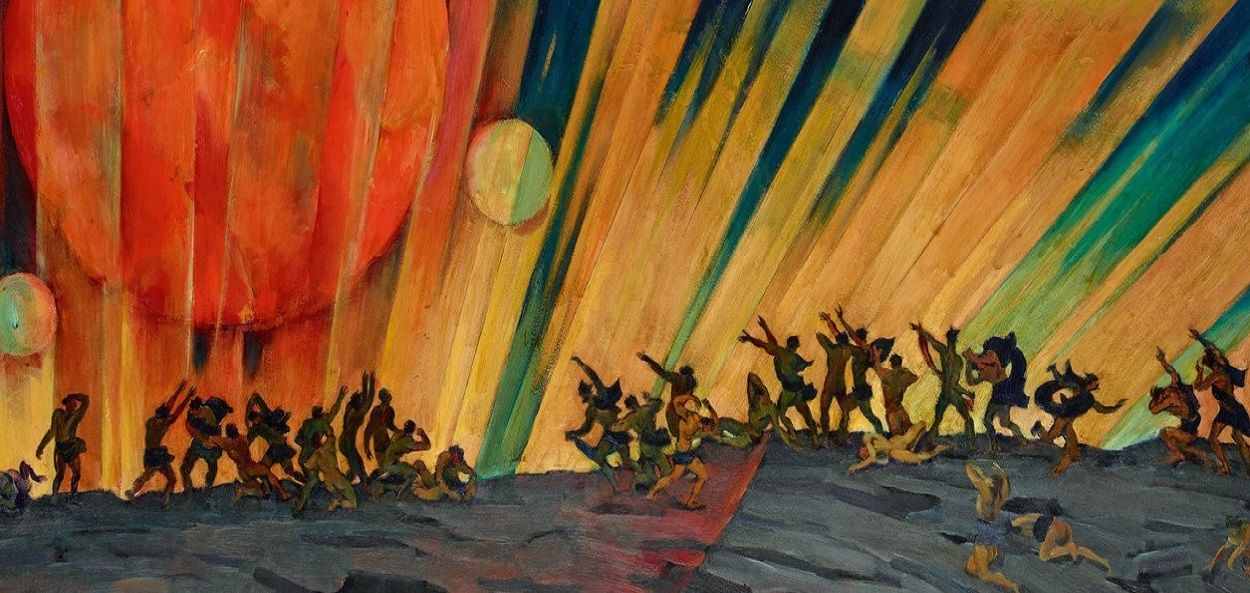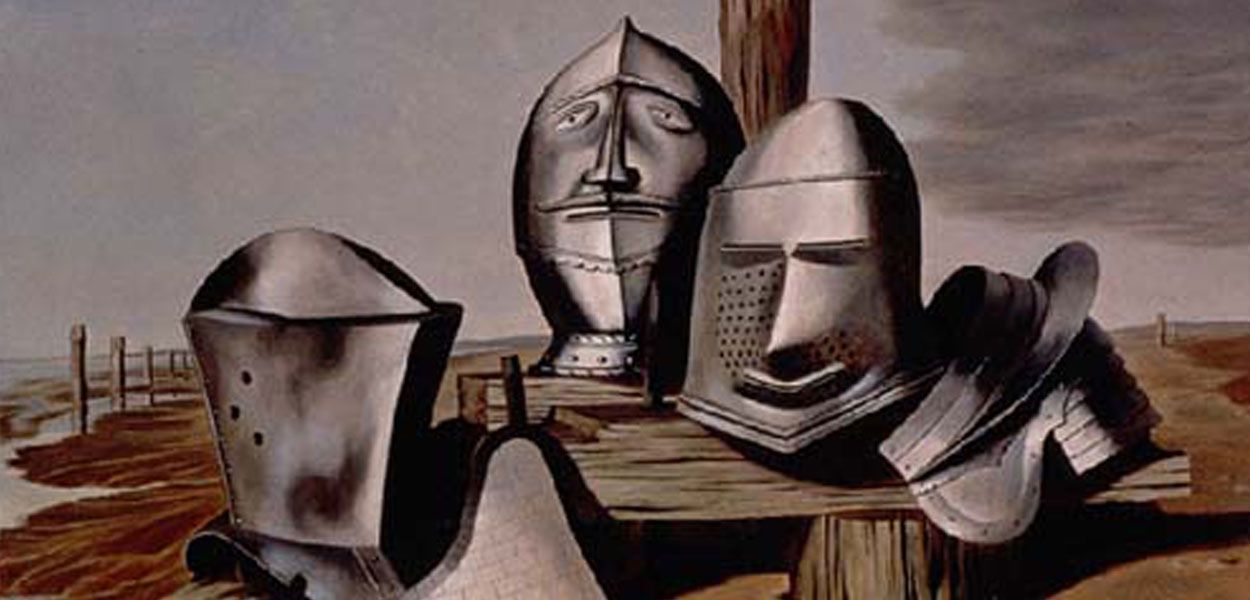La Rivoluzione permanente
di Stefano Caprio
1. Apocalisse nella storia
Una delle parole d’ordine del movimento comunista nel XX secolo, il «secolo breve» che fu depauperato da spaventose guerre e devastazioni, era quella della «rivoluzione permanente». Si tratta di una delle declinazioni principali della stessa dottrina di Marx e Engels, anche se l’espressione è rimasta storicamente legata al nome di Lev Trotskij. In effetti questa idea, che prevedeva la naturale estensione della rivoluzione socialista a tutti i paesi del mondo, trovò nella rivoluzione russa una nuova applicazione.


